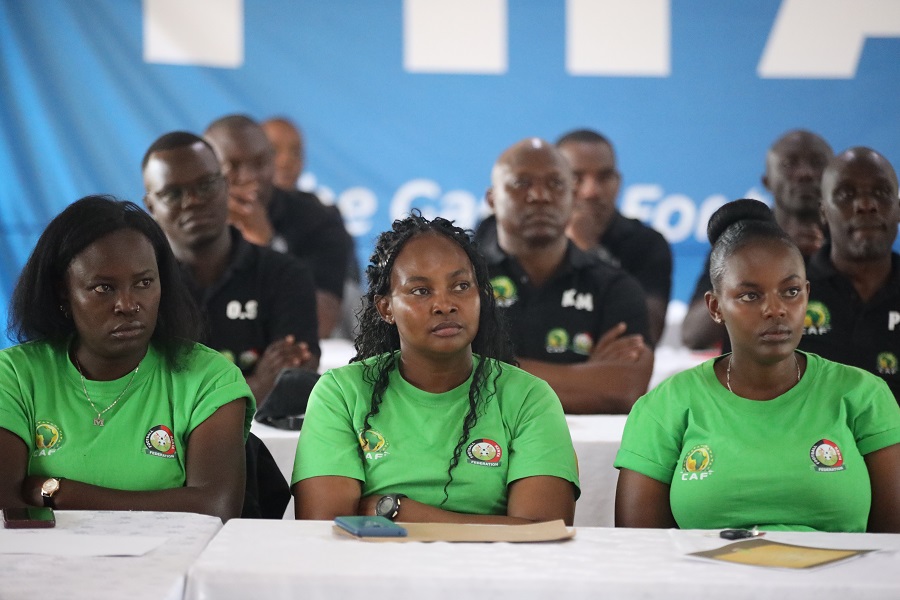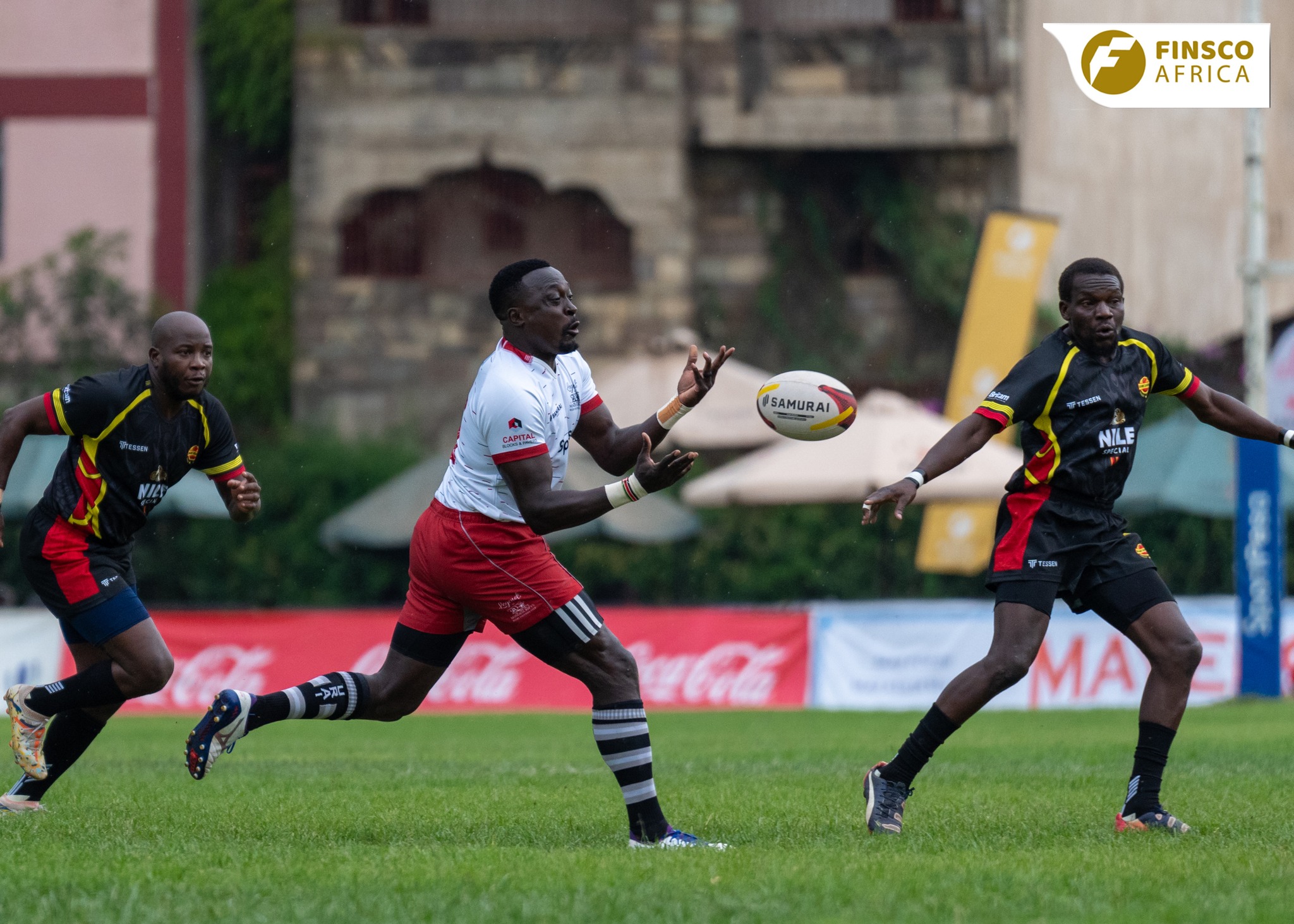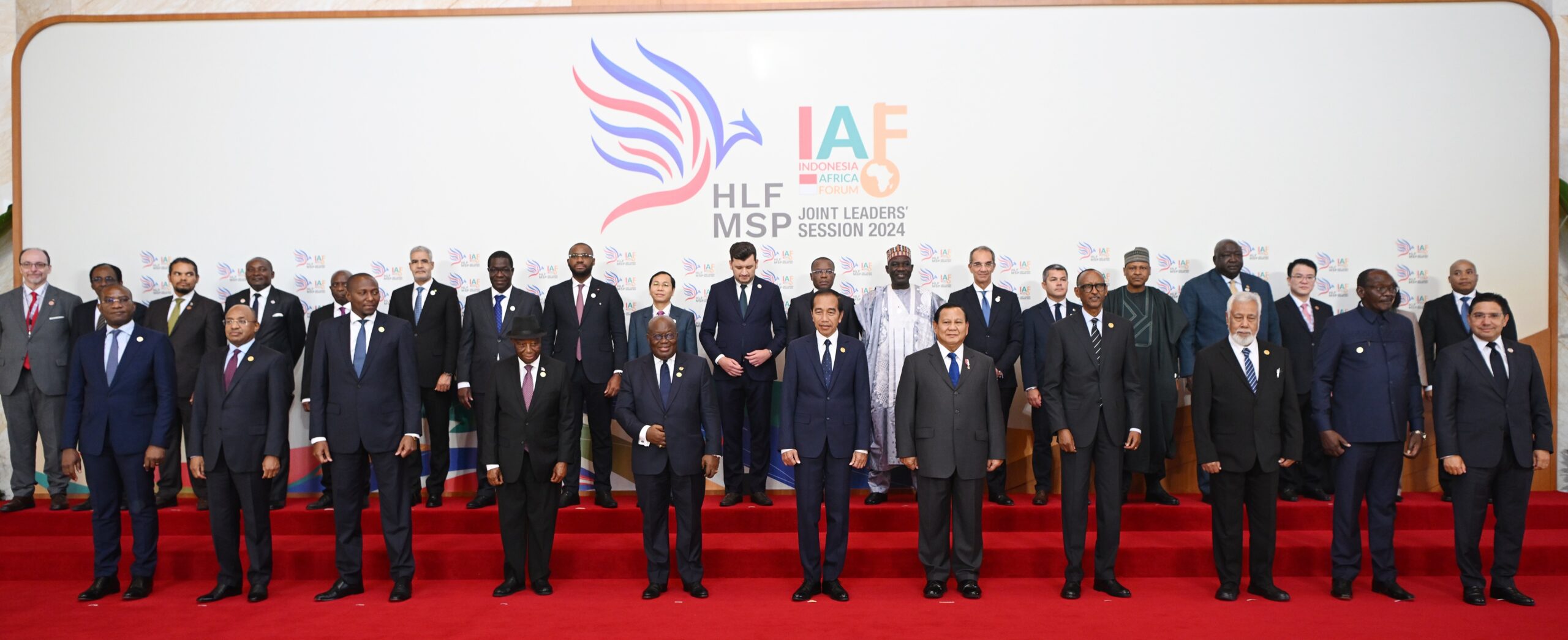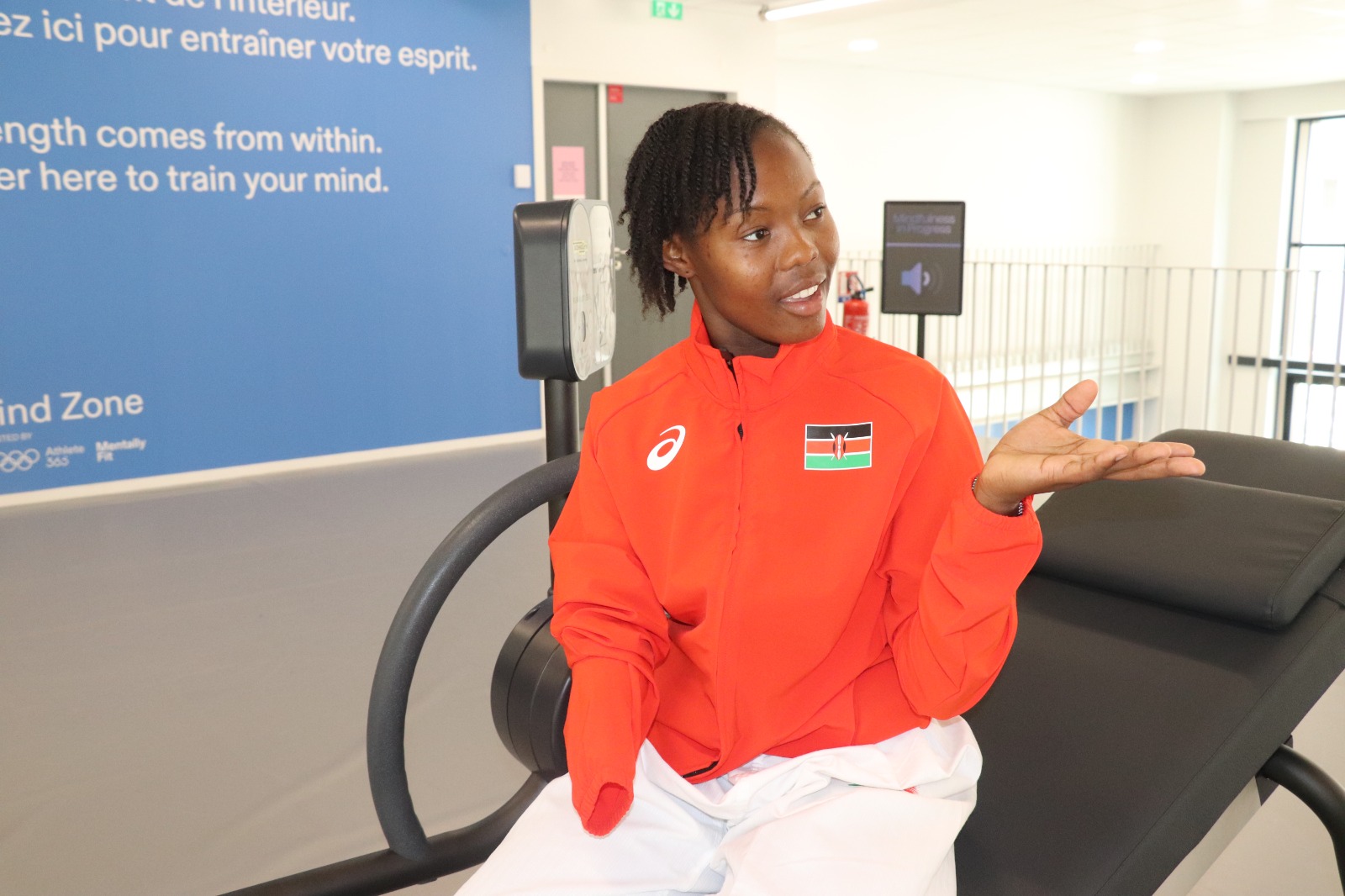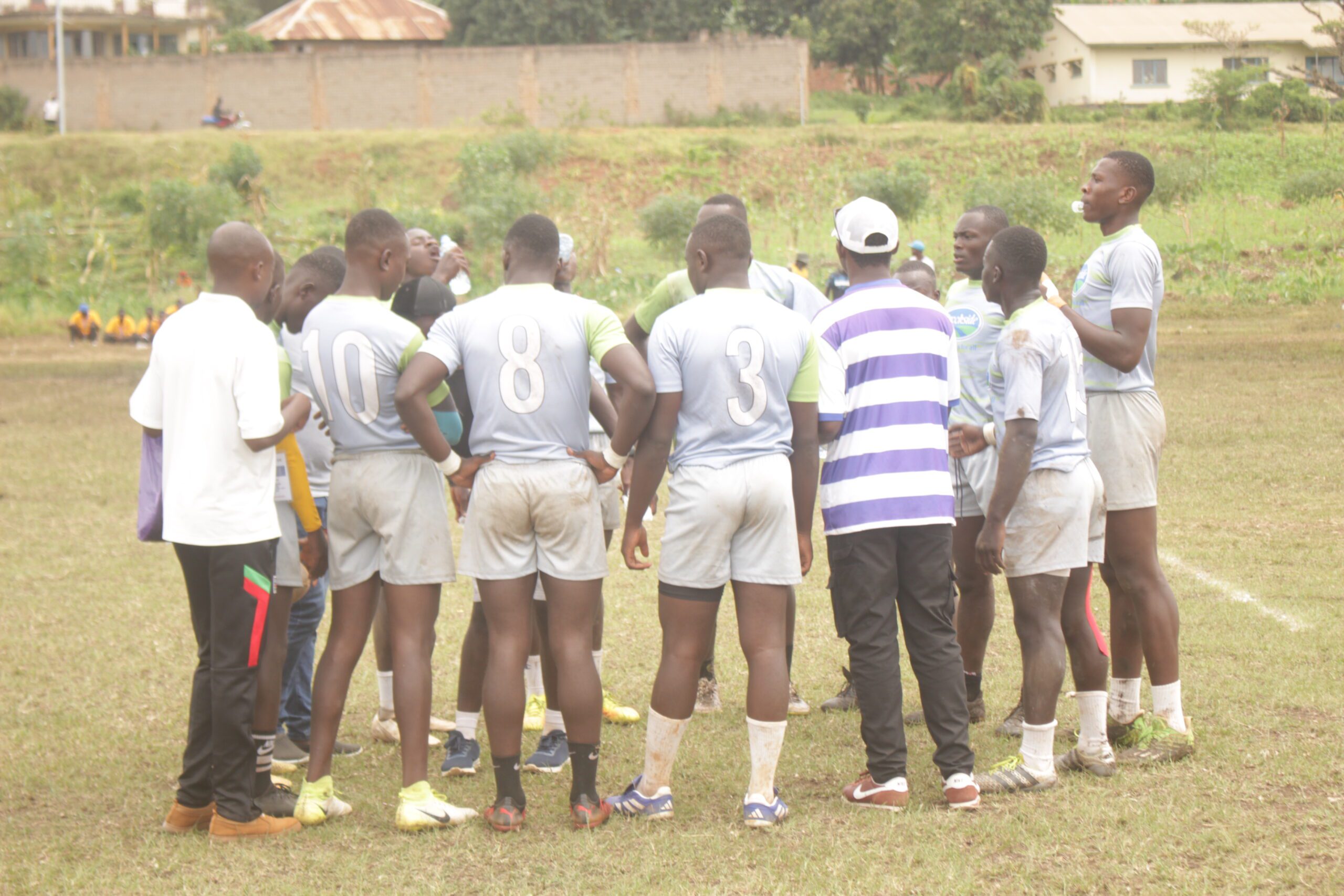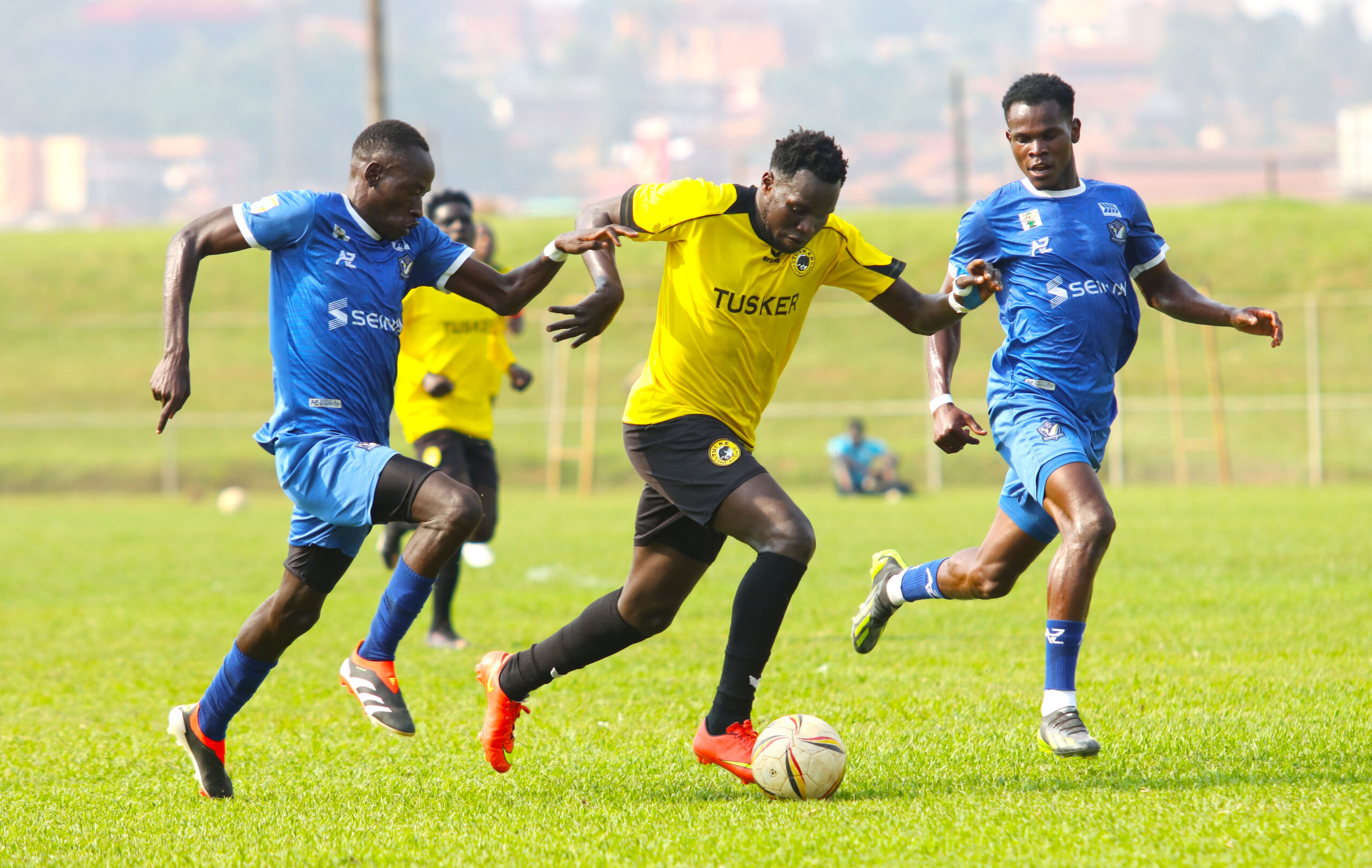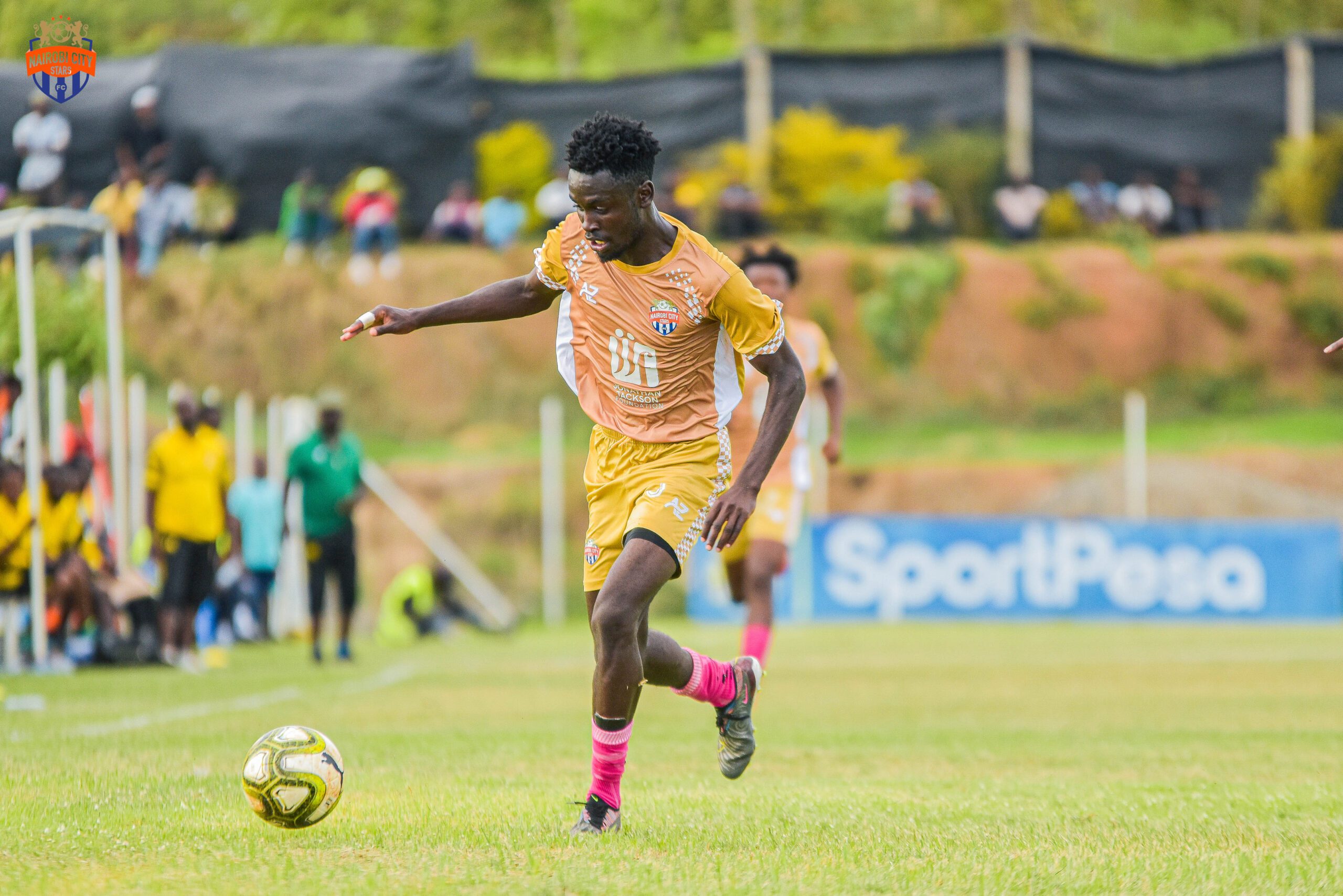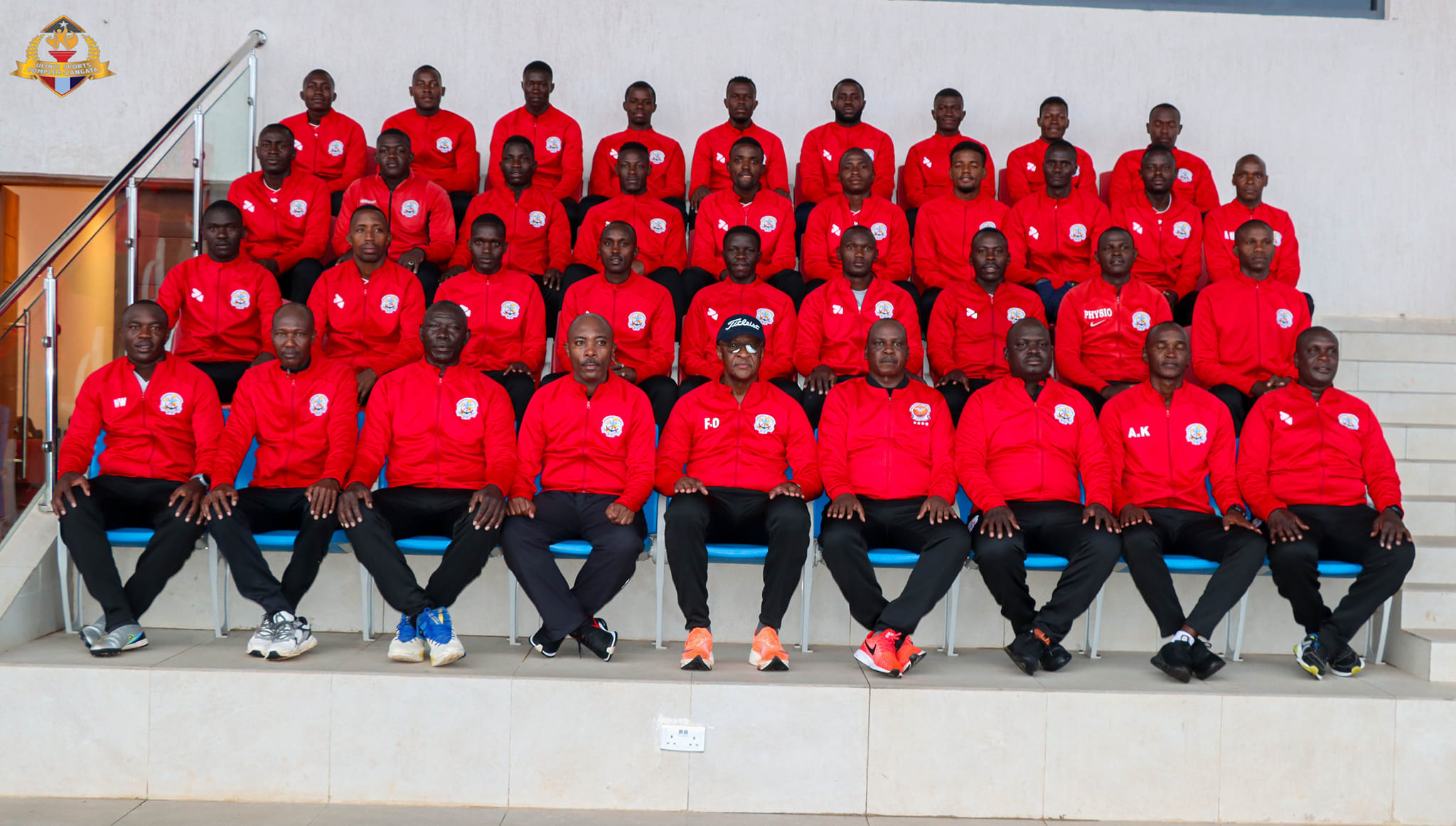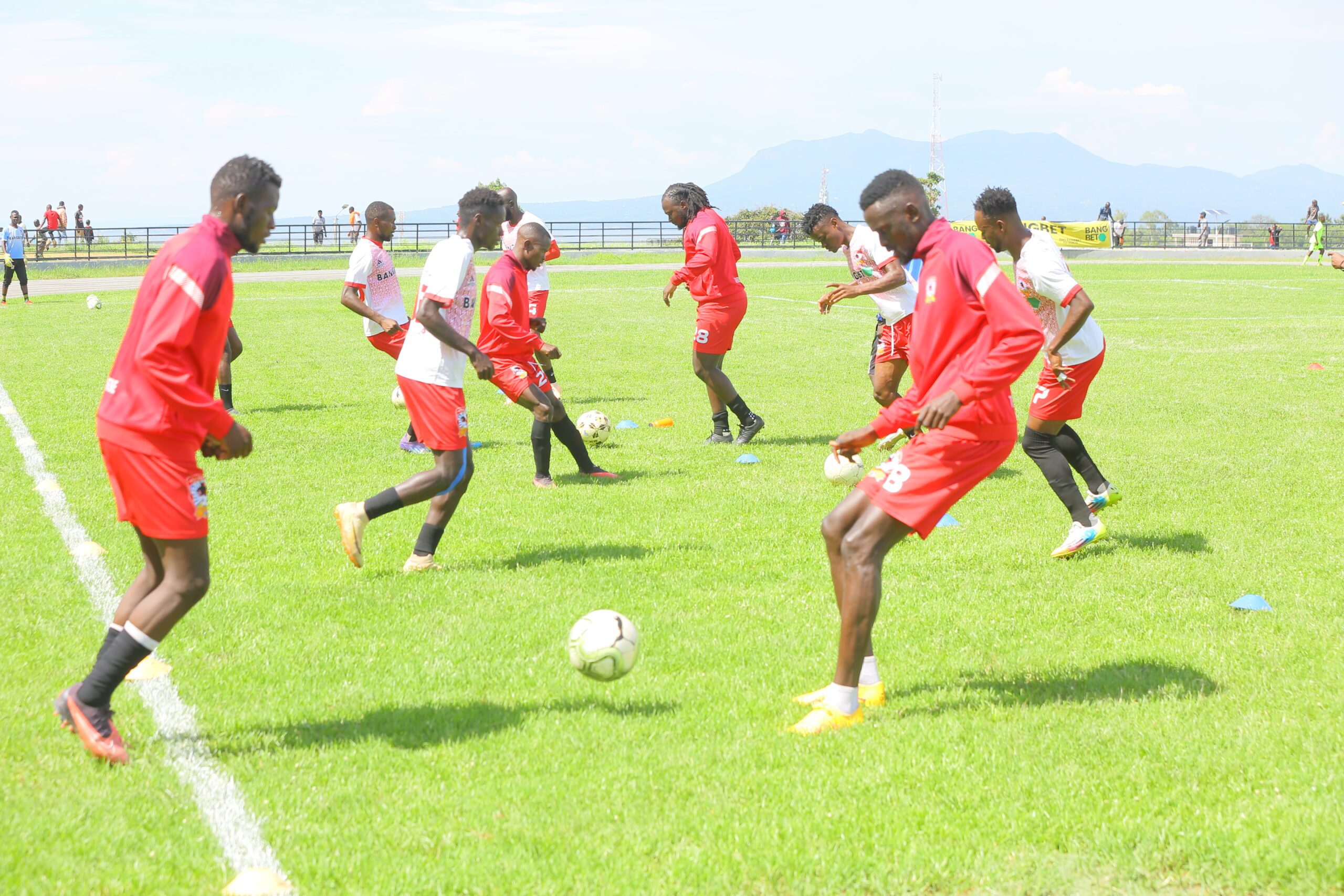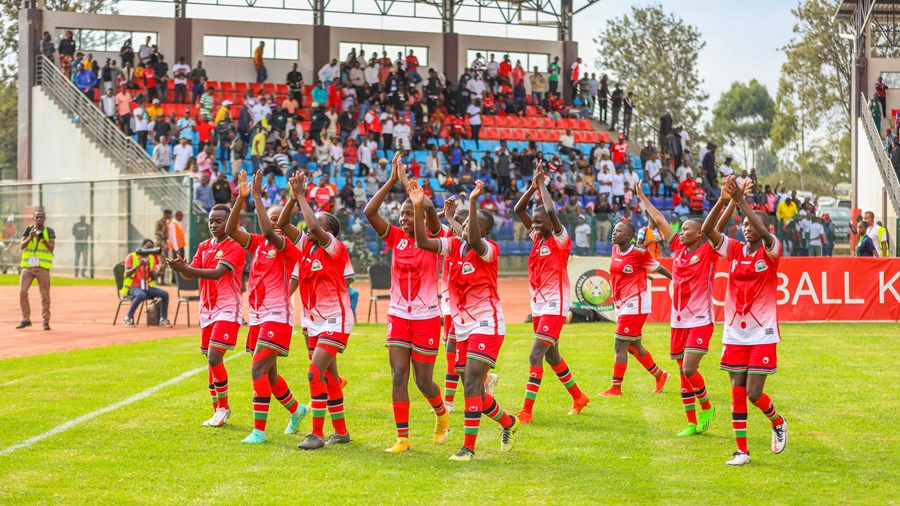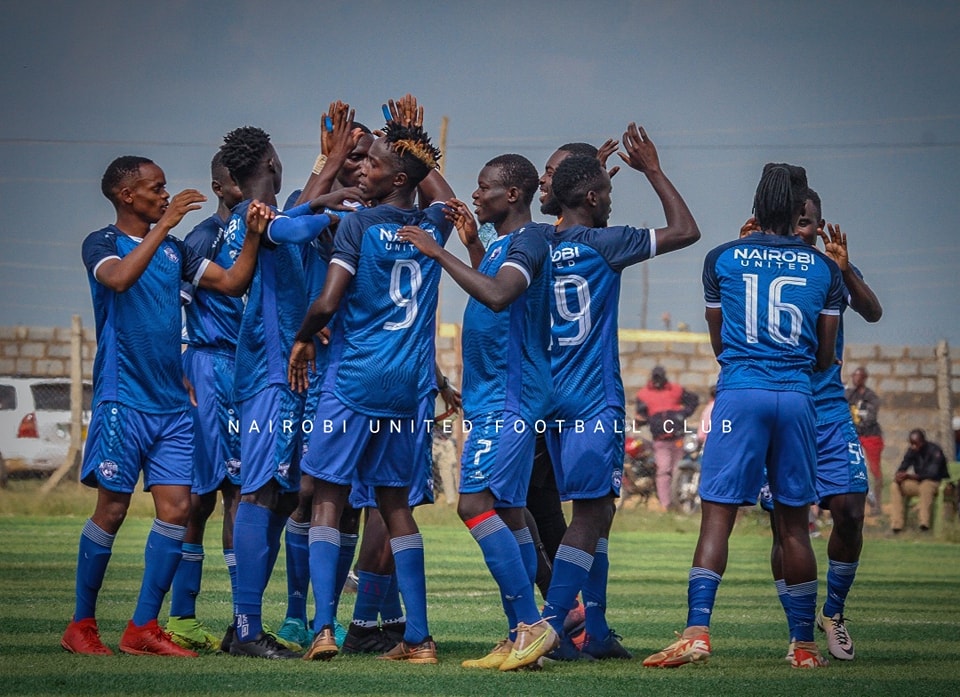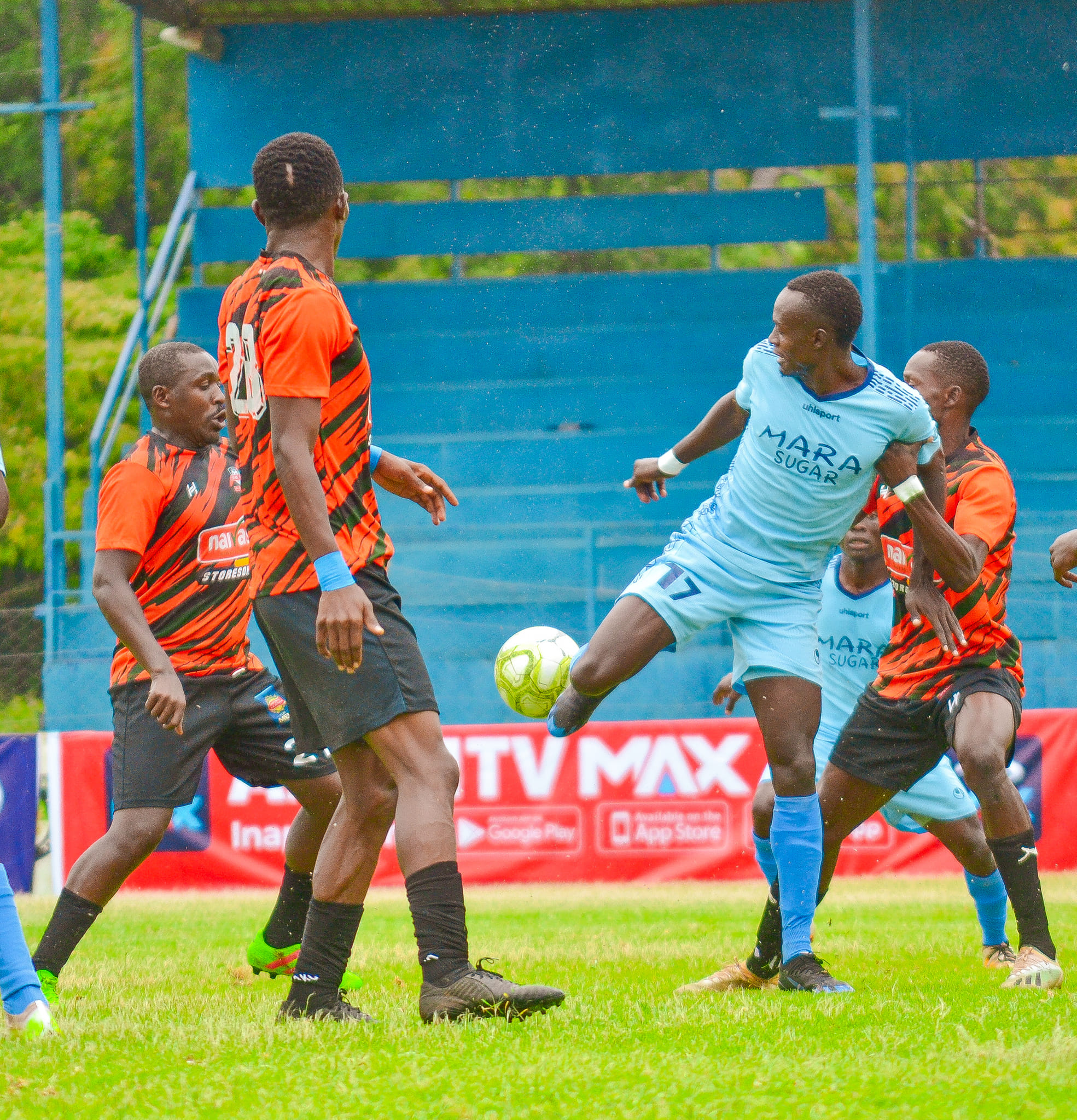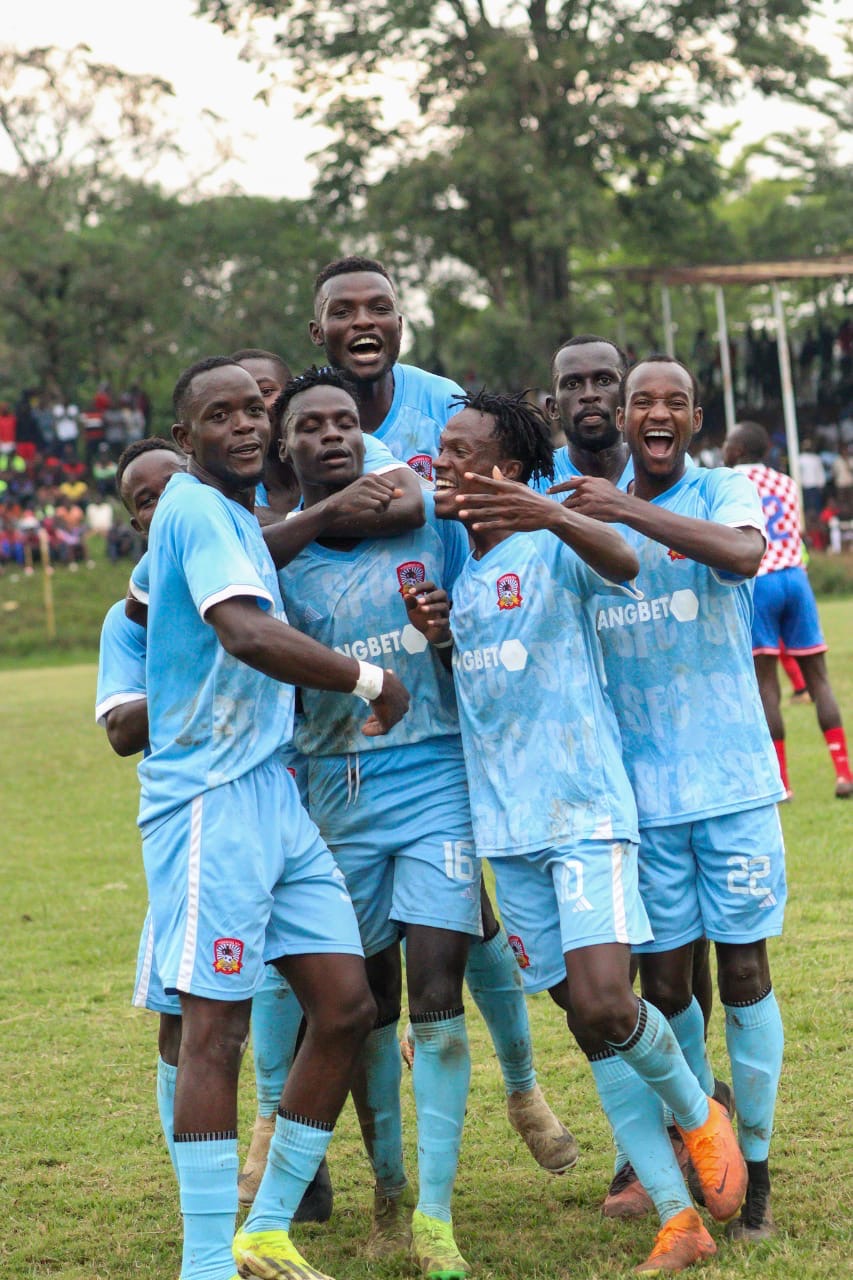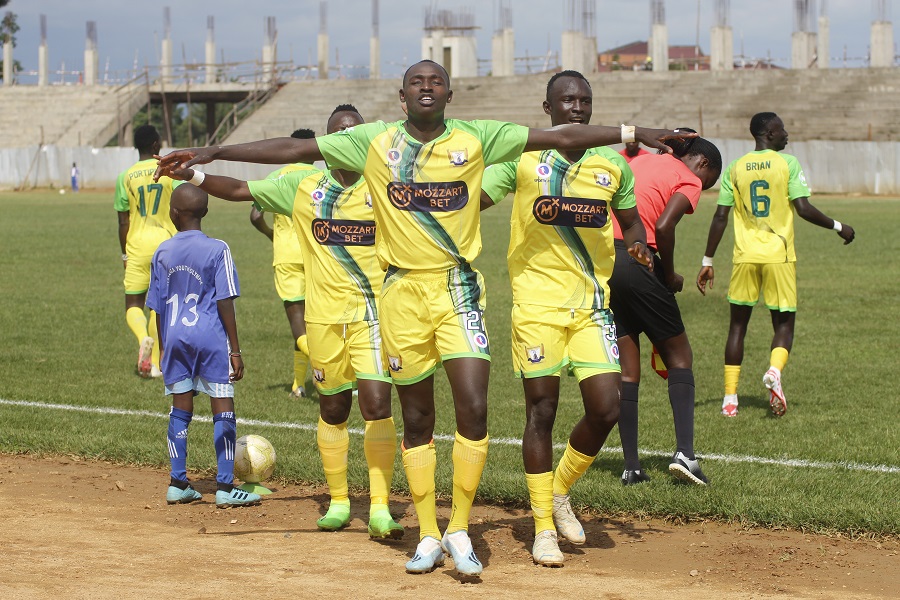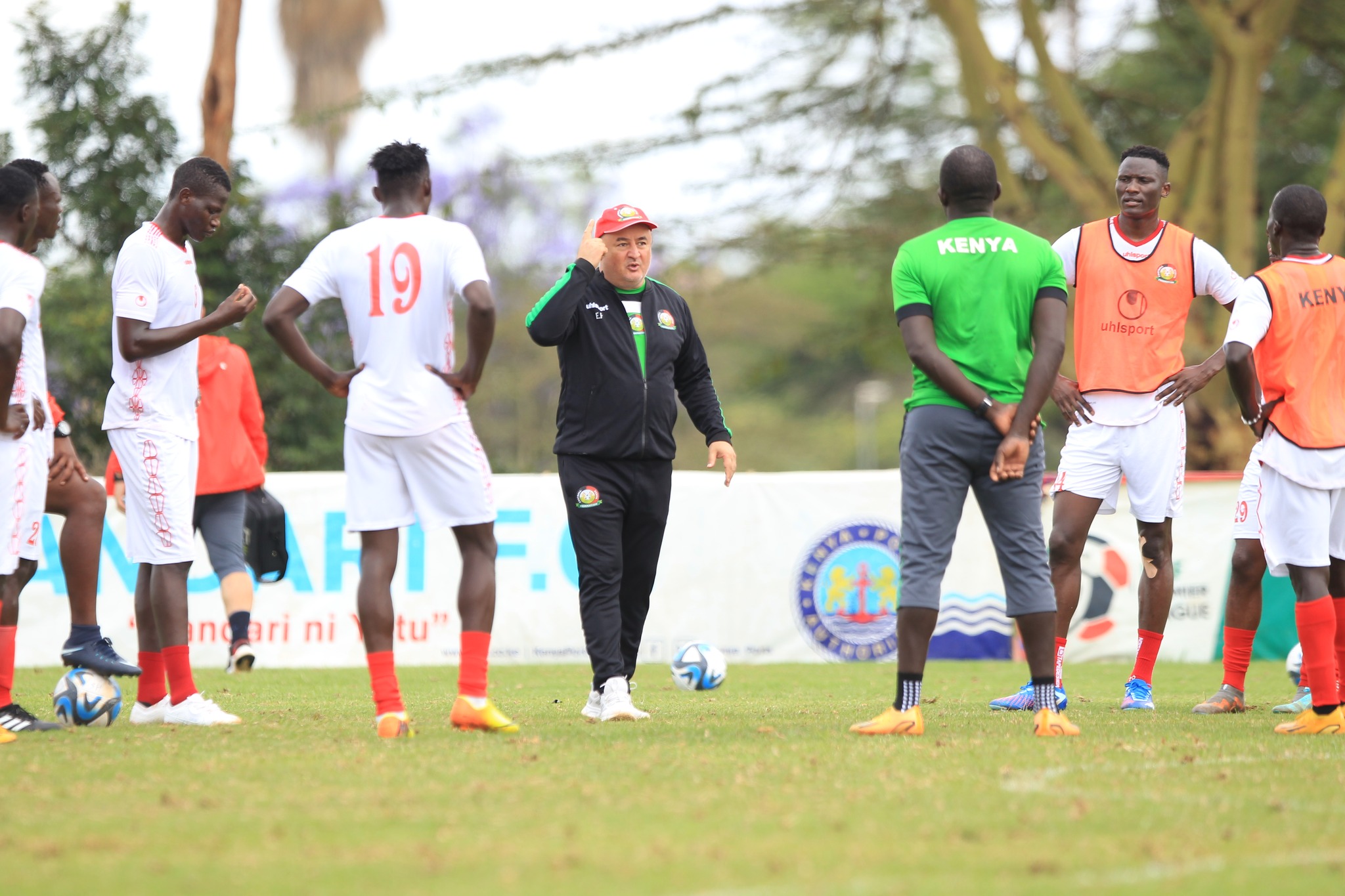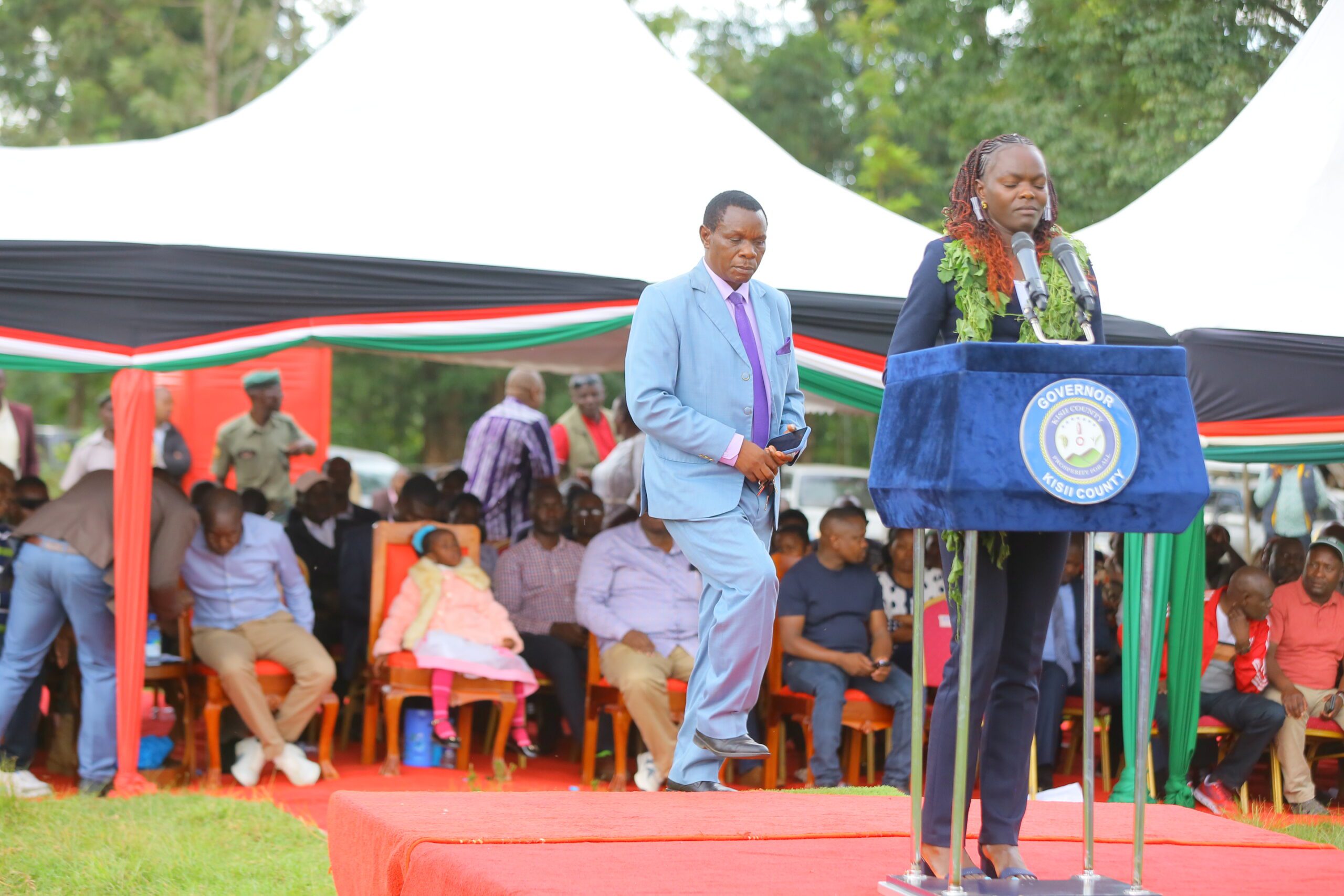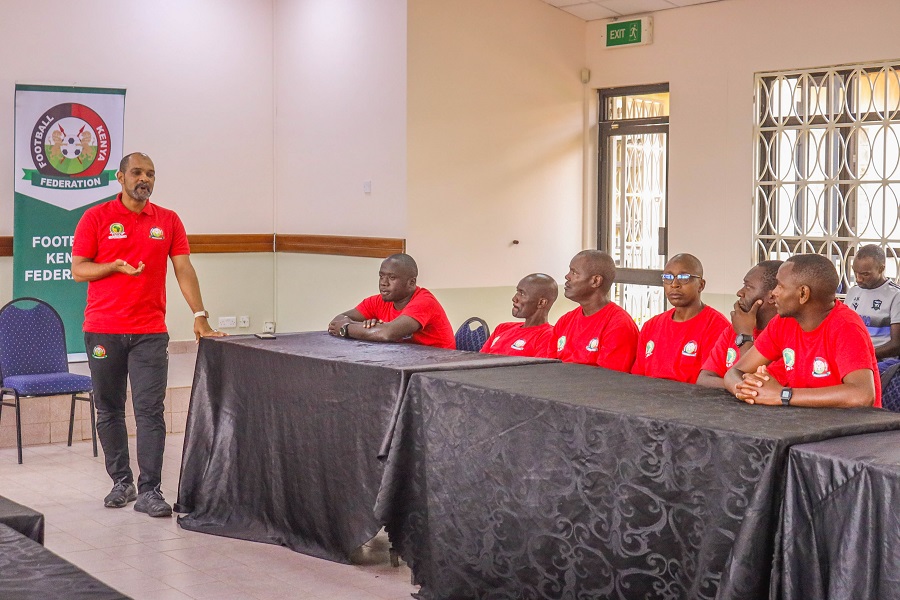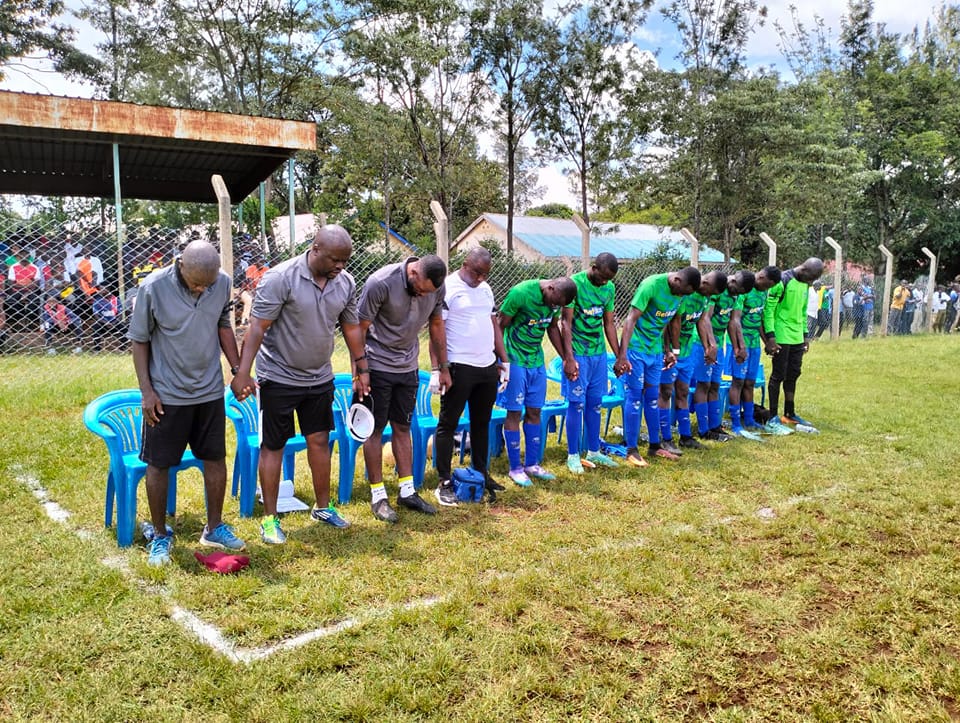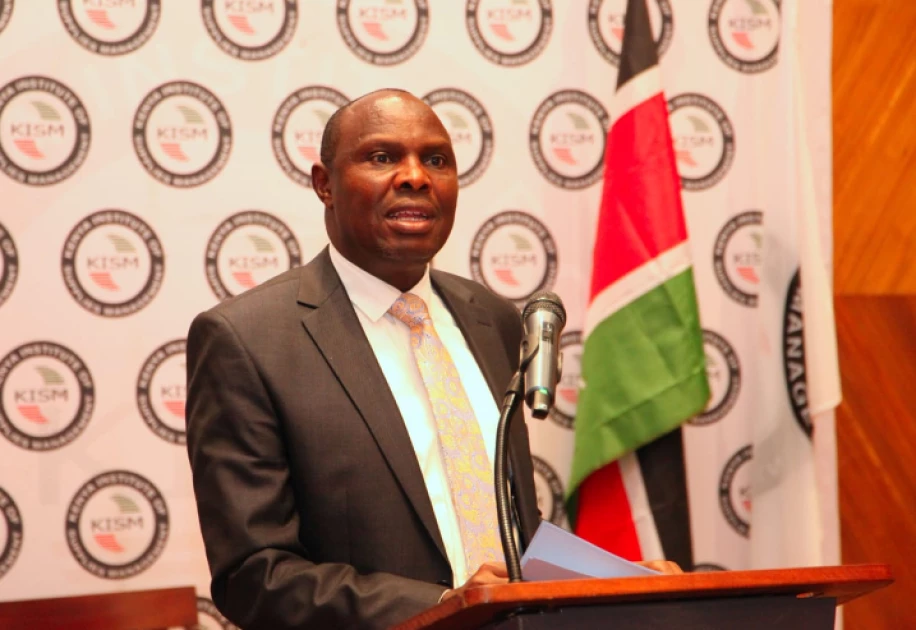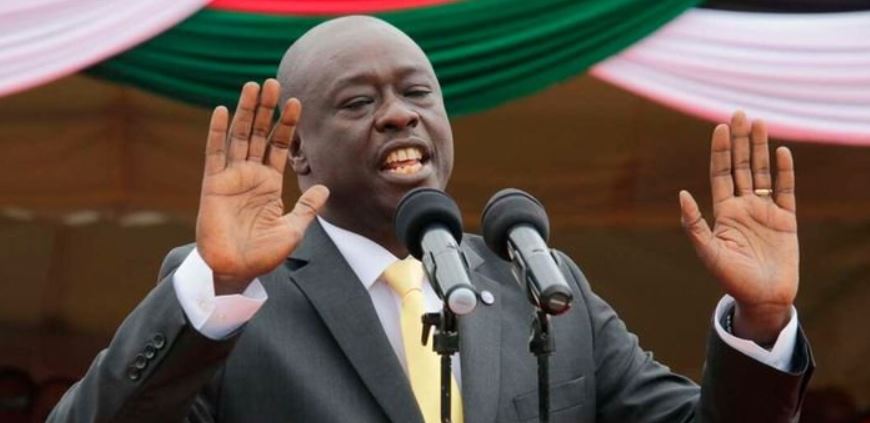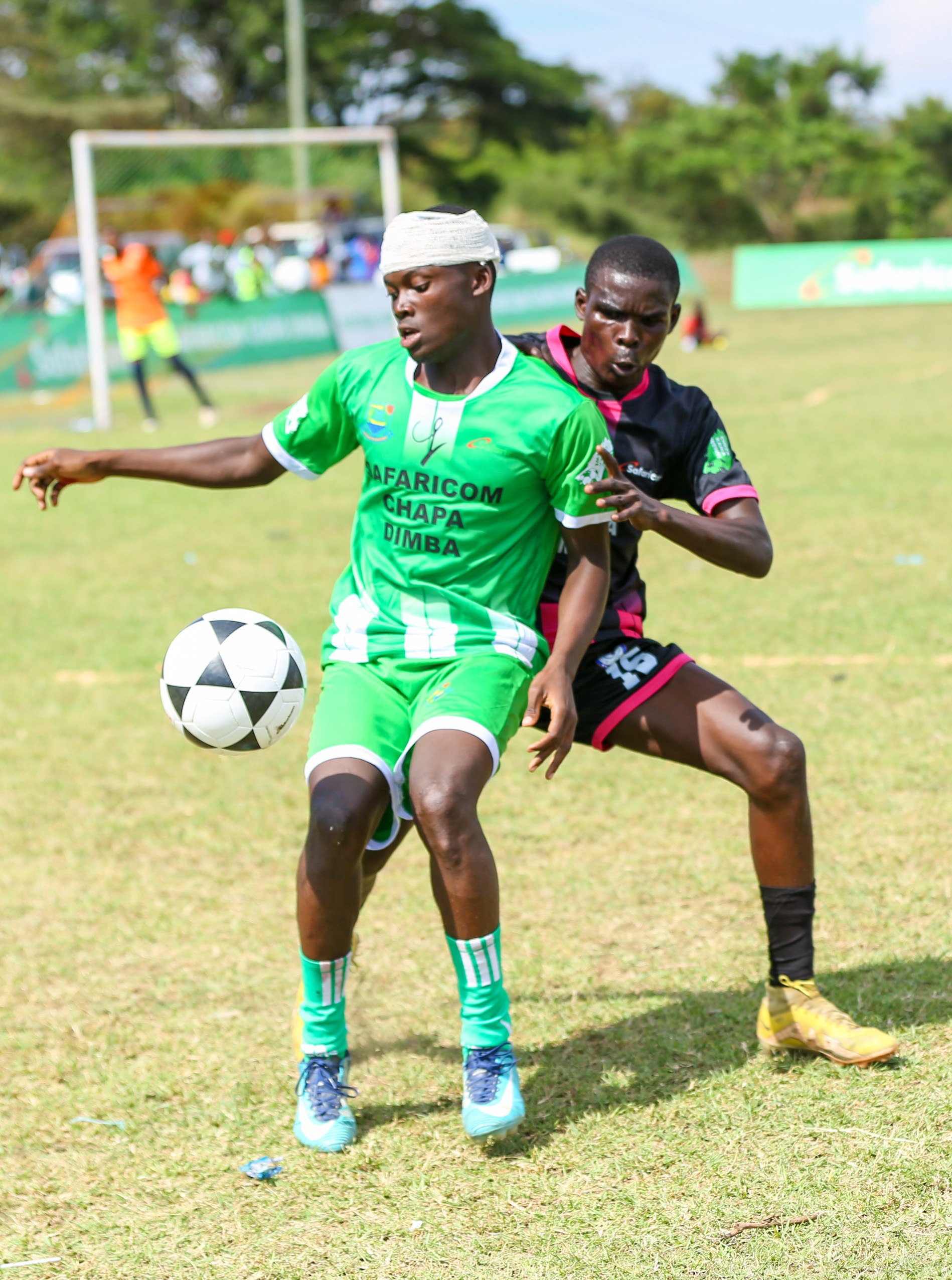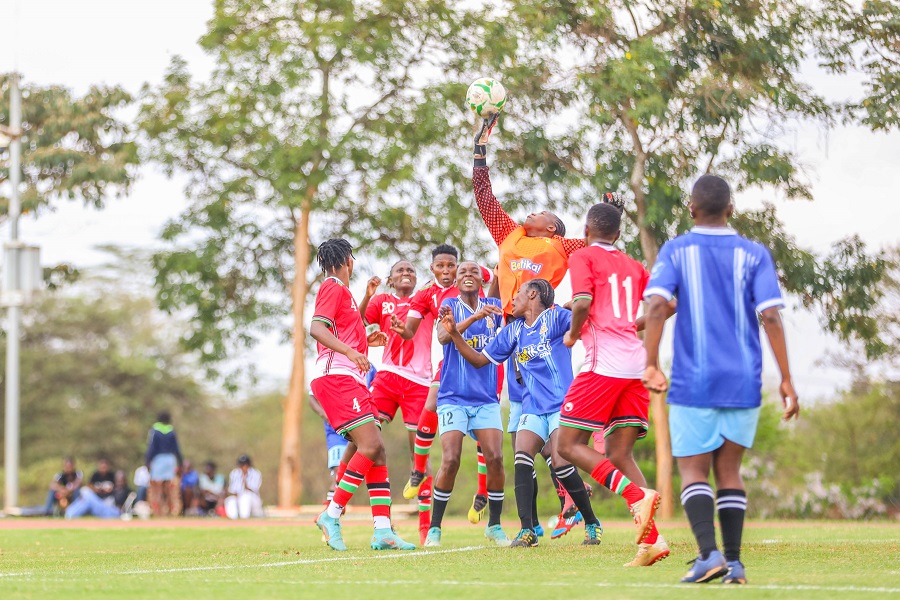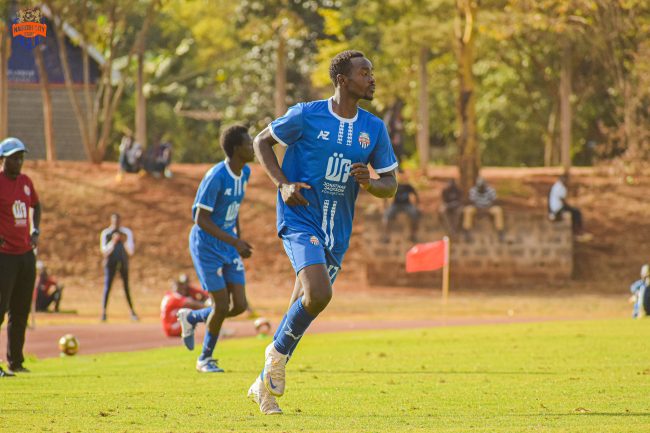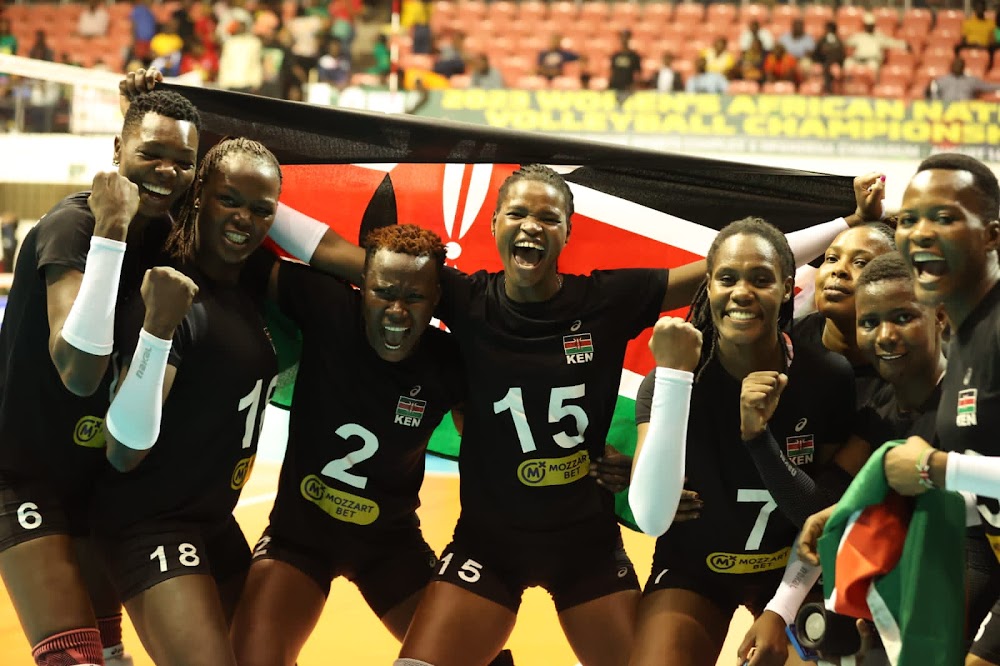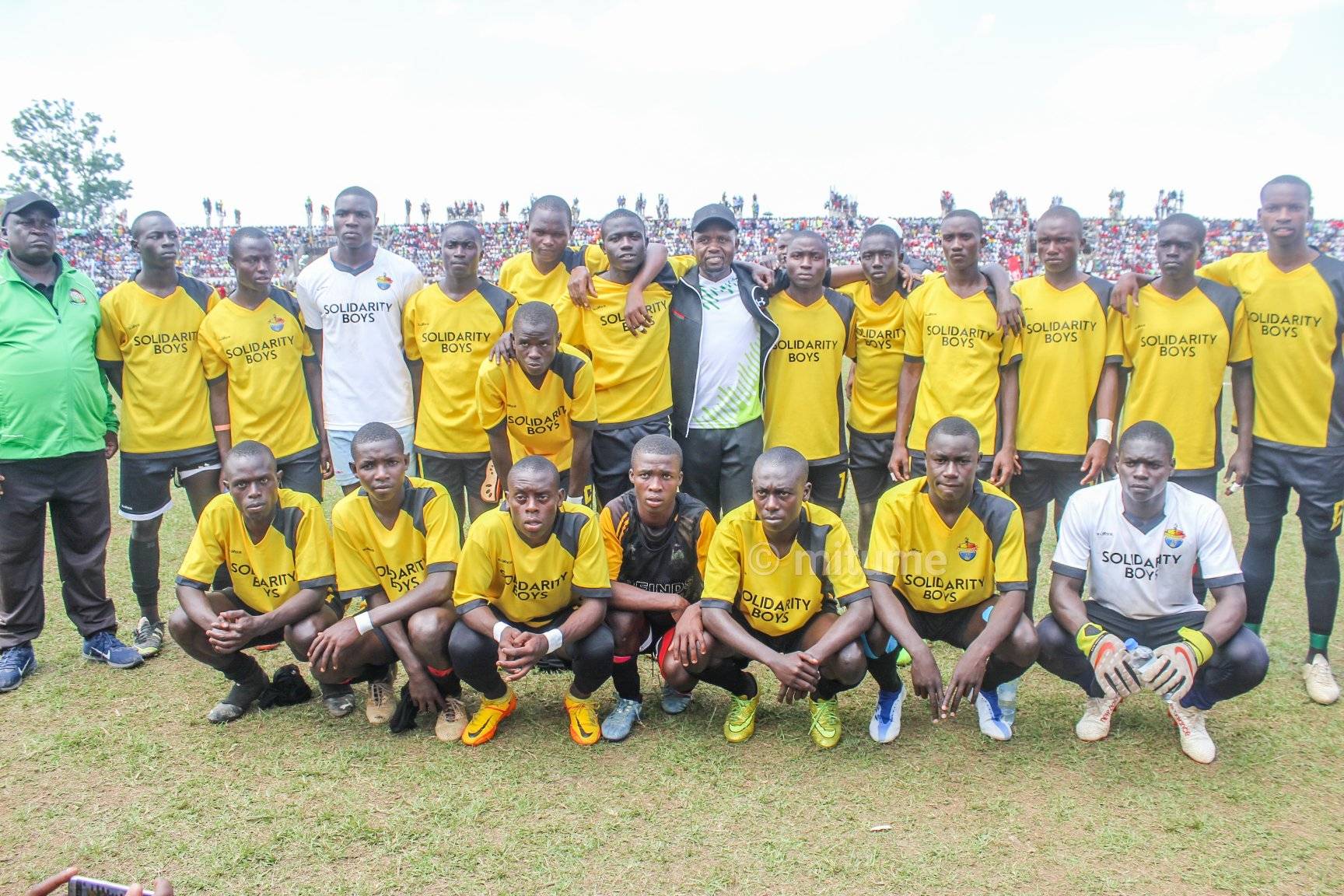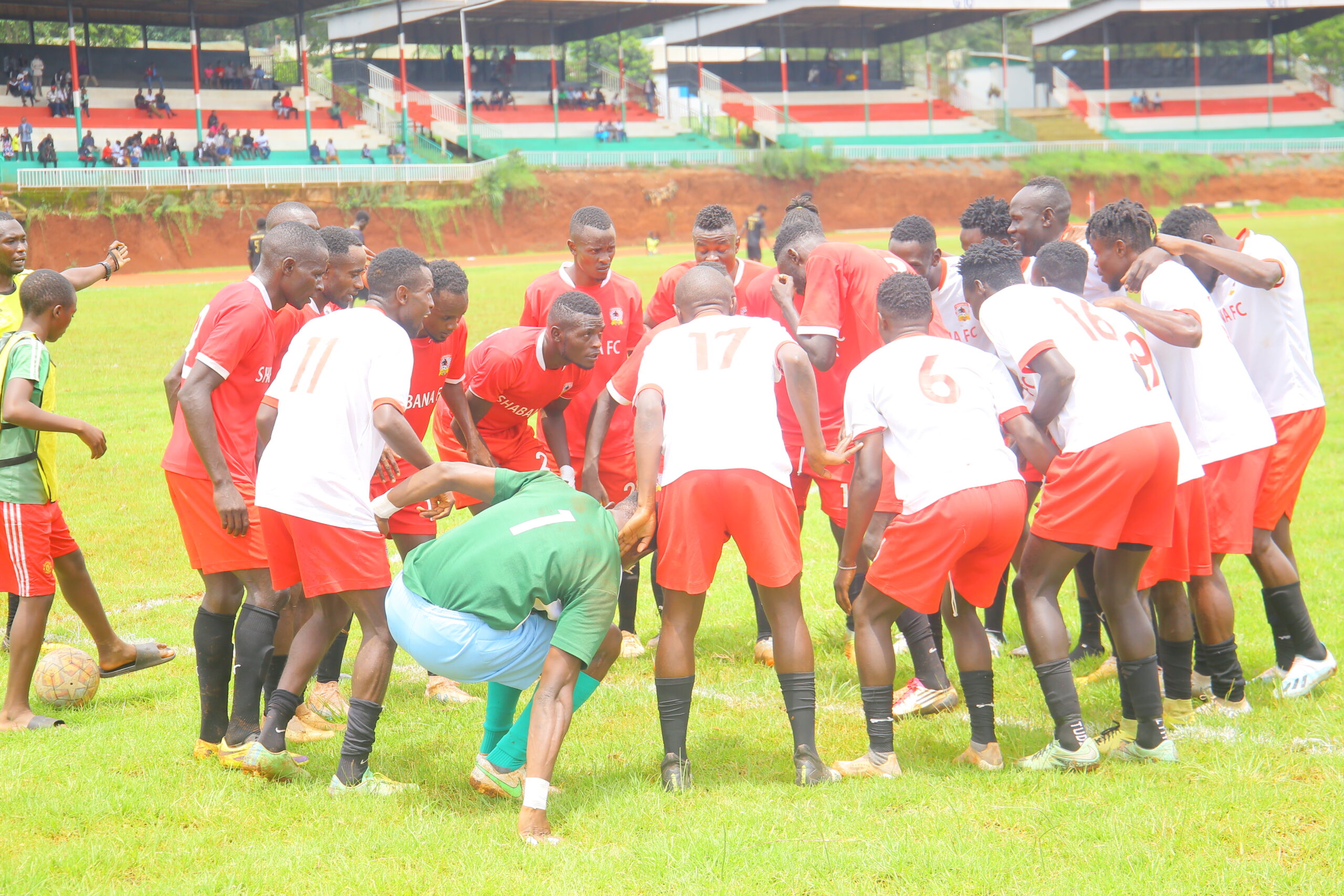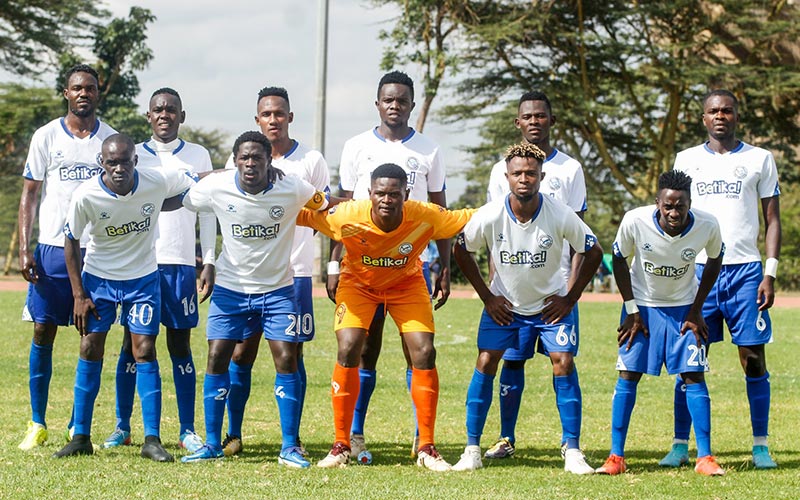A school district in California has sparked controversy after allowing a transgender athlete to compete in a girls’ cross-country race, drawing widespread criticism and allegations of favoritism. The Riverside Unified School District (RUSD) is under intense scrutiny for its decision to permit the transgender athlete to join the girls’ team, igniting a heated debate among parents and community members.


Parents Raise Concerns
One of the key grievances came from a mother who pointed out the inconsistency between the school’s curriculum and its policies. She referred to a science textbook that teaches students the biological differences between males and females.
“Why are biological facts being disregarded to avoid offending someone’s feelings? This is science, part of the curriculum you teach,” she questioned, addressing the school board.
Another parent, a father of triplets attending the school, accused the administration of showing favoritism. He claimed that the transgender athlete received special privileges, such as missing practice sessions, while other students were required to attend all practices.
“They attended only 14 out of 17 practices but still received preferential treatment. The administration knew, and this is why we’re here today,” the father stated.
Broader Implications
This controversy follows a larger global debate over transgender participation in women’s sports. Recently, Sebastian Coe, president of World Athletics, reiterated his firm stance against transgender athletes competing in female categories at the elite level. Coe, who is vying for the presidency of the International Olympic Committee (IOC), stated:
“We’ve been clear at World Athletics—transgender athletes will not compete in the female category at the elite level. The protection of women in sport is non-negotiable.”
Coe’s remarks come in light of a similar incident during the Paris Olympics, where Algerian boxer Imane Khelif competed as a woman, sparking widespread questions regarding her gender.
Heated Reactions and Calls for Action
The RUSD decision has polarized opinions. Critics argue that the move undermines fairness in women’s sports and disregards biological distinctions. Supporters advocate for inclusivity and equal opportunities for transgender athletes.













































